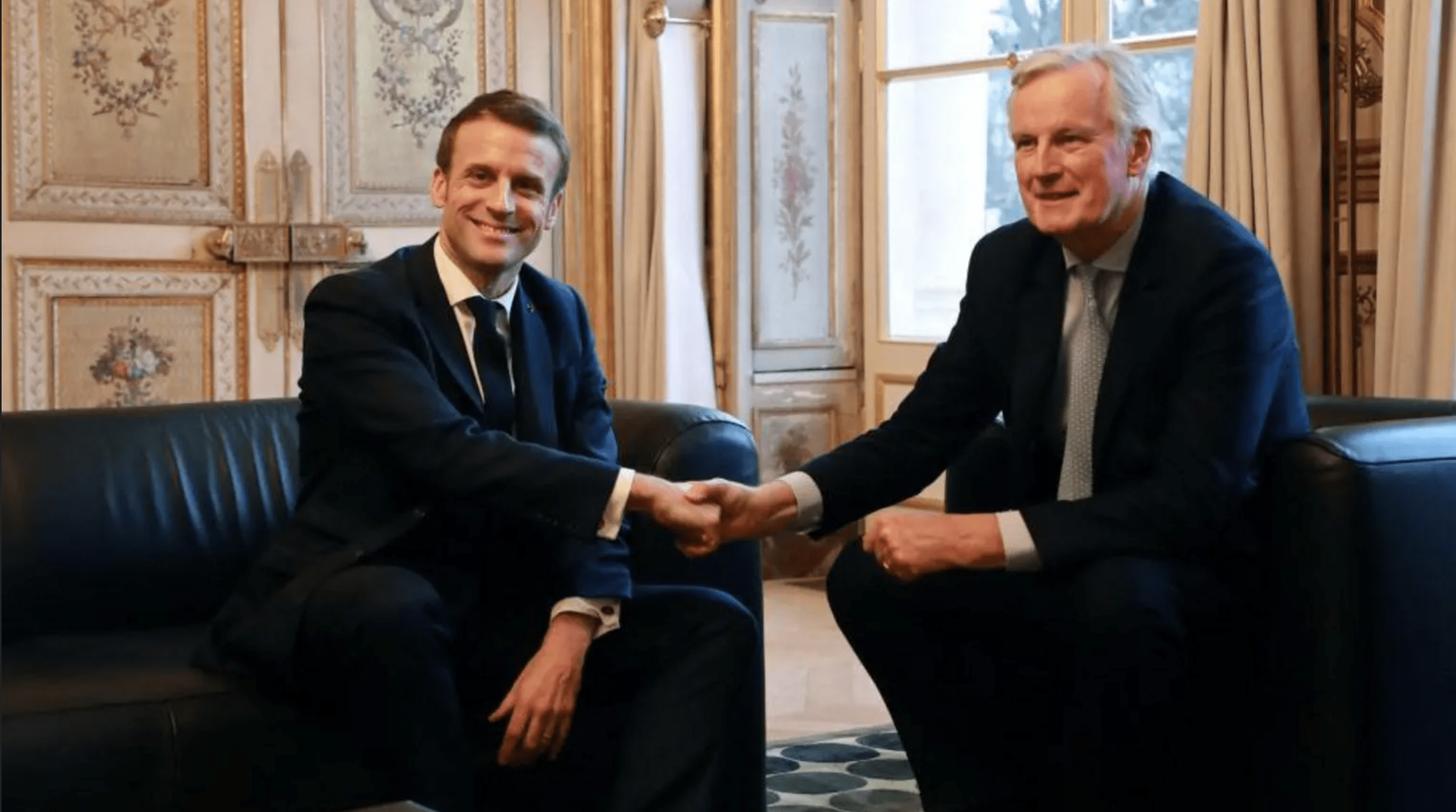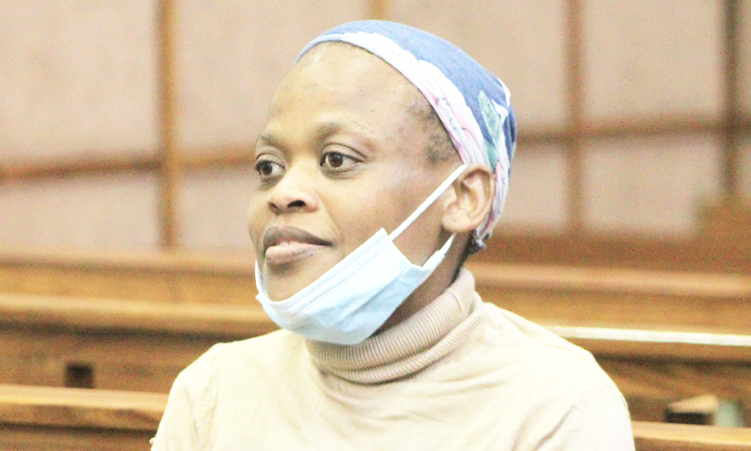In recent weeks, political parties from different spheres of Namibia released their manifestos.
Notable ones are that of the Republican Party, the Popular Democratic Movement (PDM), the South West Africa National Union and, most recently, the Independent Patriots for Change and Swapo.
Most of these manifestos are focusing on addressing the economic disparities the majority of Namibians have been facing, such as the PDM’s promise to increase oil shares and build factories.
Major political parties are focused on the economy, and rightfully so, but social equity is equally important.
Effective governance and progressive politics must recognise the interplay between economic growth and social equity, as American philosopher Nancy Fraser emphasised when she posed the question “redistribution or recognition?” in relation to social justice.
Recognition without redistribution can result in superficial measures that don’t address the underlying causes of inequality, while economic progress without social equity can exacerbate structural inequities.
The obvious problem these manifestos frequently fail to address is the defence of the lesbian, gay, bisexual, transgender, queer, intersex and others (LGBTQI+) community’s rights.
In Namibia, political parties often ignore this important topic, even in the face of recent court decisions that confirmed the necessity of legal protections for LGBTQI+ people.
The PDM had manifesto promises targeting the LGBTQI+ community in 2021, but did not even mention them in this year’s manifesto.
This gap should be addressed, and a full manifesto should pledge to pass laws that uphold the rights of LGBTQI+ people.
In addition to ignoring the actual legal and social environment, excluding such measures also goes against the fairness and equitable values that need to be at the centre of any political agenda.
Political parties should also include plans in their manifestos they intend to pursue – whether they win or lose.
The role of opposition parties after the elections is critical in shaping Namibia’s future.
Promises like building schools or a classroom or two should not be solely regarded as implementable once a party is voted into power.
With proper planning and even a small budget, opposition parties can achieve some of their goals.
In conclusion, party manifestos often overlook crucial issues like LGBTQI+ rights, highlighting a gap in political discourse.
A well-rounded manifesto should engage with voters, incorporate concerns and translate complex policies into accessible language.
It should extend beyond election victories and remain actionable, fostering a more equitable society.
A balanced approach to economic progress and social justice is key to gain the electorate’s trust and support.
Shonena Nathanael
Stay informed with The Namibian – your source for credible journalism. Get in-depth reporting and opinions for
only N$85 a month. Invest in journalism, invest in democracy –
Subscribe Now!






